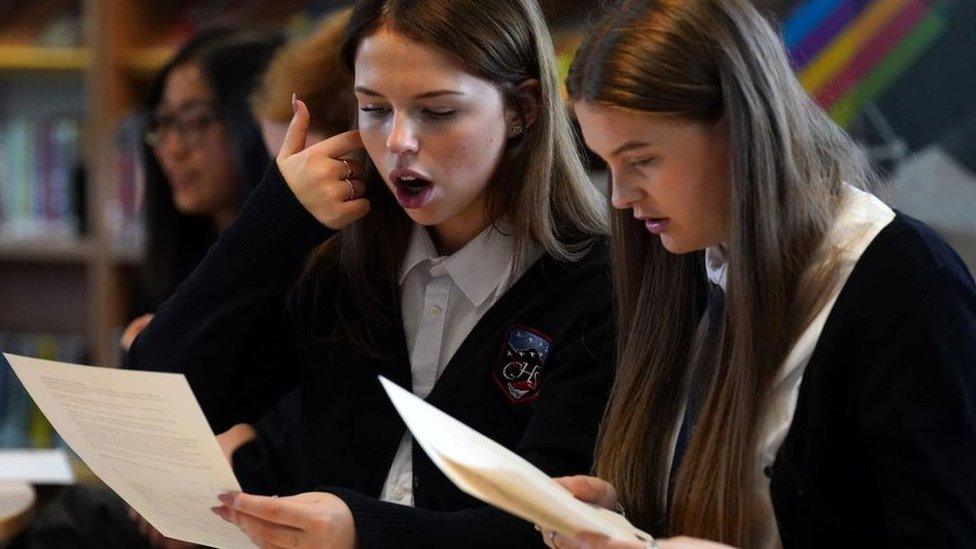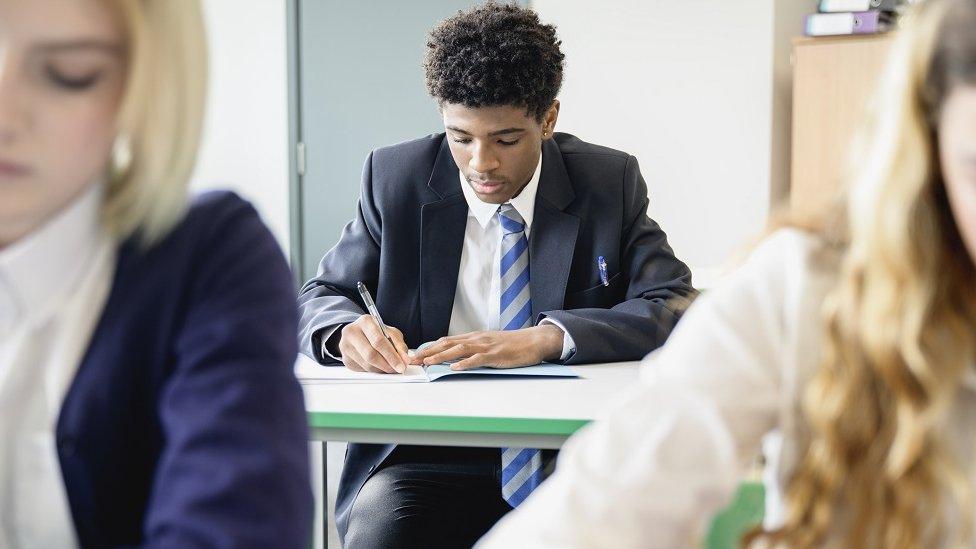Top A-levels fall, with steepest drop in England
- Published
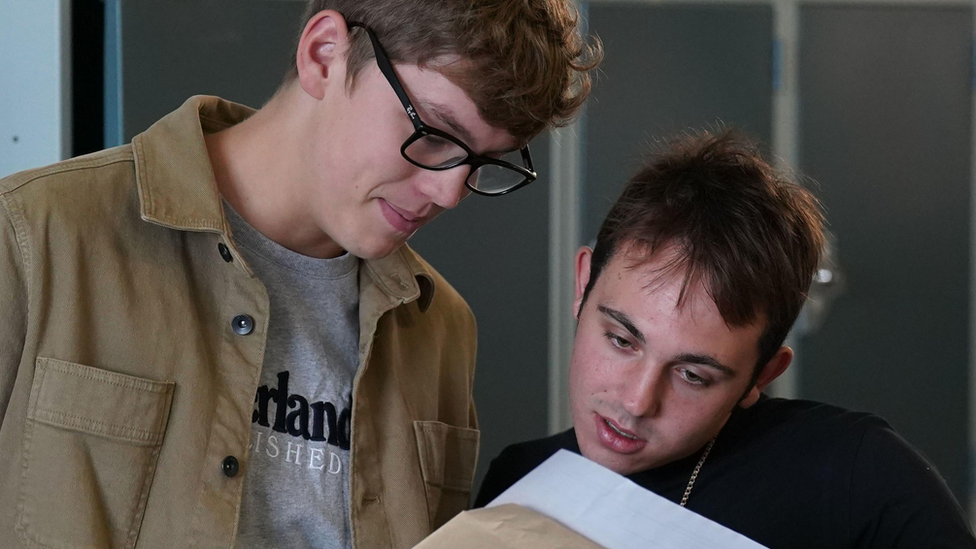
Top A-level results in England, Wales and Northern Ireland have fallen for a second year running - with 27.2% of all grades marked at A* or A.
That is almost back to pre-pandemic levels.
It follows a spike in top grades in 2020 and 2021, when exams were cancelled because of Covid.
The drop is steeper in England, where grades were due to be brought back in line with 2019 in this year's results.
In Wales and Northern Ireland, grades were always meant to be a bit higher this year.
Overall, there are 73,008 fewer top grades compared with 2022, but 31,834 more than in 2019.
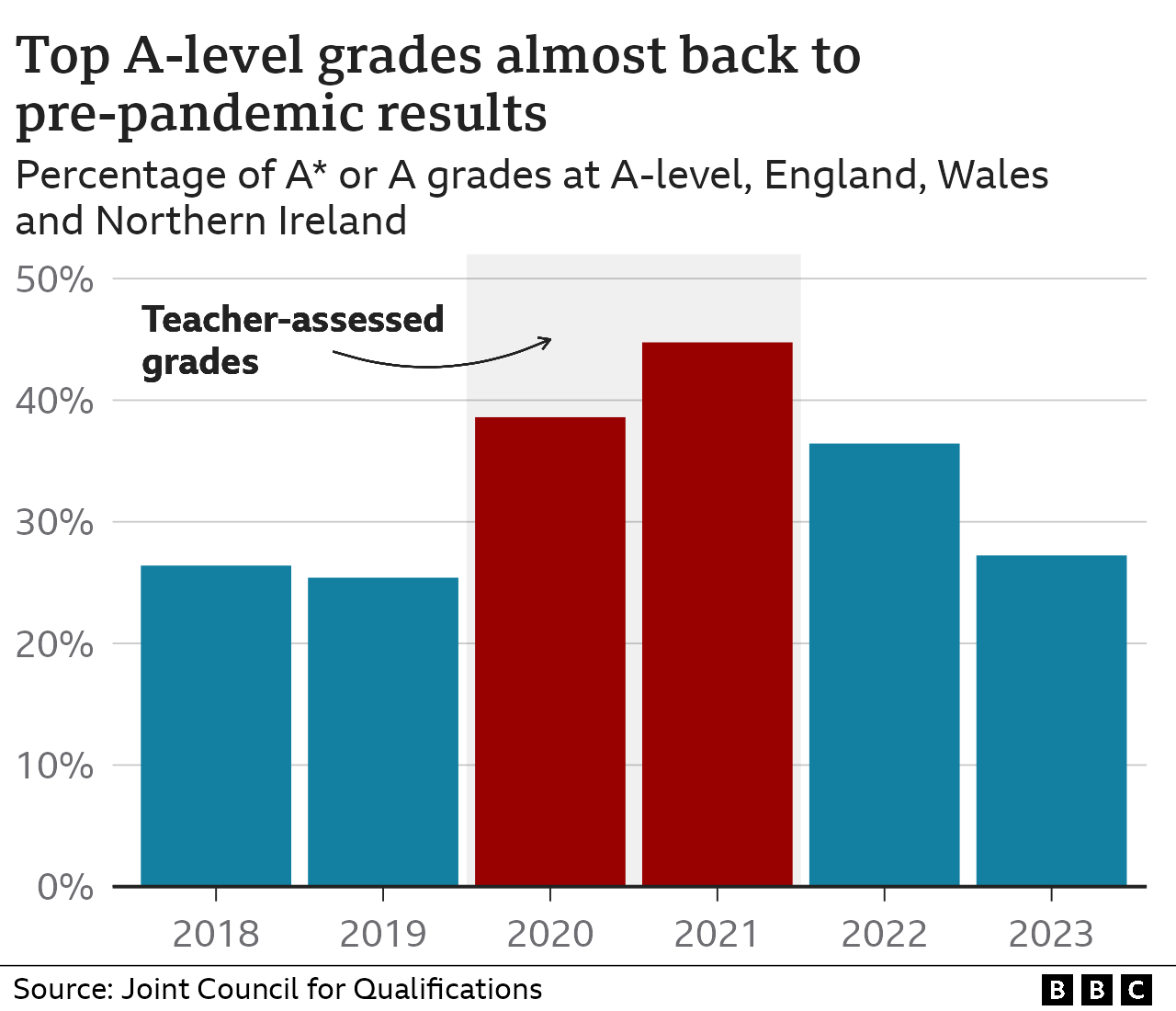
The pass rate for exams in Scotland fell last week - but was still higher than before the pandemic.
The fall in top grades will mean disappointment for some students, but it has got nothing to do with students' individual performance.
It is part of a plan to bring grades back down in line with pre-pandemic levels, after sharp rises in 2020 and 2021 when exams were cancelled and results were based on teachers' assessments.
The Universities and Colleges Admissions Service (Ucas) said 79% of 18-year-olds applying to university got a place at their first choice - which is lower than last year, but higher than before the pandemic.
Another 9% did not get into their firm or insurance choice of university and are in clearing, Ucas's online system that advertises courses with vacancies.
Ucas has previously warned that spaces on some courses at top universities would "go quite quickly" in clearing, with the number of 18-year-olds in the population growing and international applications to undergraduate courses up slightly on last year.
A-Level results: What to do if you missed your grades
AS-level results are also being released which, in Wales and Northern Ireland, count towards students' final A-level results next summer.
And 3,448 students in England are receiving vocational T-level qualifications in England. The pass rate was 90.5%, and 69.2% of students achieved a merit or above.

'Excited, but anxious'
By Christina McSorley and Rahib Khan, education reporters

Lara, 18, is planning to move out of her family home in London and head to university in the next few weeks.
She was disappointed when she did not get the grades she wanted in her English literature, maths and computer science A-levels - but has since found a place through clearing.
"Luckily my parents and my teacher were on hand to offer me support and we got on the phone to clearing immediately," she said.
"Everyone should be proud of what they have achieved and remember, if you don't get the grades you want there are still so many options available to you."
Lara is a registered young carer for her younger sister, and says moving to university does "bring up some anxieties".
"I'll still be available to phone and pop down to visit, but there is that anxiety that I will be leaving and I'm not sure how either of us will react to that situation," she said.
With the support of her parents and family and the Carers Trust charity,, external Lara says she is ready to take the next step and would encourage other young carers to reach out and get some help.
"Hollie, my sister, would like to turn my room into a Lego room when I leave," she says. "She is very excited."

There was a steeper drop in the proportion of A-levels marked at A* and A in England than elsewhere:
26.5% in England, down from 35.9% in 2022
34% in Wales, down from 40.9%
37.5% in Northern Ireland, down from 44%
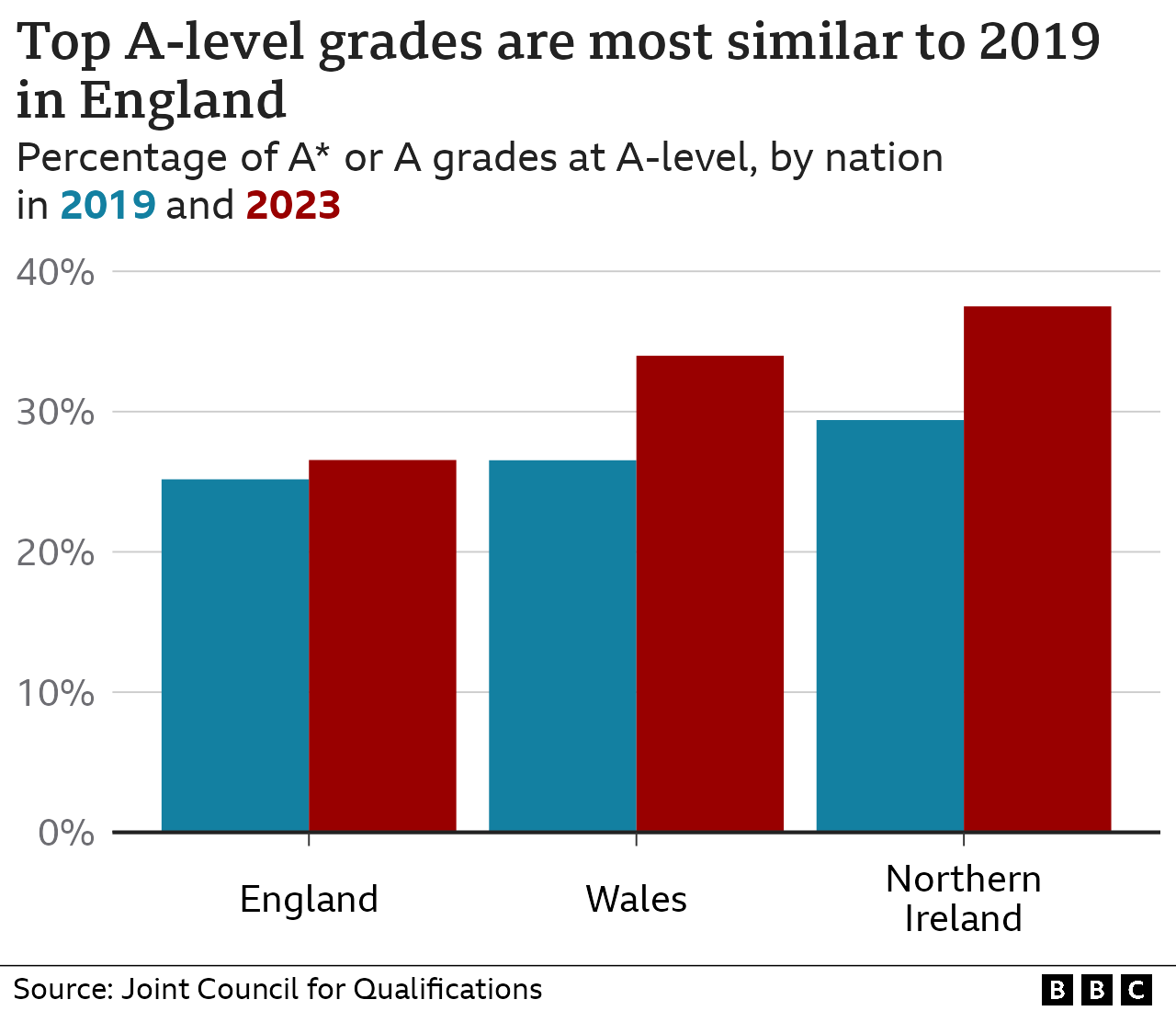
Exams were cancelled in 2020 and 2021 because of Covid. Pupils' grades were based on teachers' predictions instead, leading to a spike in top results.
England's exams watchdog, Ofqual, set out a two-year plan to bring A-level and GCSE results back down to pre-pandemic levels.
Last year was the first time students sat exams since the start of the pandemic. Ofqual called it a "transition year", with grades set to reflect a midway point between 2019 and 2021. About 36.4% of A-levels in England, Wales and Northern Ireland were marked at A* and A.
Now, in the second stage of the plan, grades in England are more similar to those in 2019, when 25.4% of A-levels were given the top grades.
Schools Minister Nick Gibb said bringing them back down would ensure results carried "weight and credibility" with employers, universities and colleges, so they know what the different grades mean.
However, this year's A-level students also suffered from disruption because of Covid.
Education Secretary Gillian Keegan said students getting A-level and other Level 3 results had faced "unprecedented circumstances".
Most of them were in Year 10 when the pandemic hit and their GCSEs were cancelled, so this is the first time they have sat formal exams.
The impact on pupils was not equal, and MPs have warned it could take a decade for the gap between disadvantaged pupils and others to narrow to what it was before Covid.
These students have also faced disruption from teacher strikes this year, although unions said they tried to minimise the impact on exam year groups.
The Covid disruption means things are not quite back to normal.
Ofqual says there was "protection built into the grading process" so that students should achieve the grades they would have done if the pandemic had not happened - even if they did not perform as well in their exams.
Some Covid measures also remained in place for this year's exams. A-levels were spaced apart more than they were before the pandemic, allowing for rest and revision.
But, unlike in the rest of the UK, A-level students in England were not given advance information about the topics on which they would be tested.
The Higher Education Policy Institute said this week that "England has probably got it wrong" by trying to get back to normal "too quickly".
Jo Saxton, the head of Ofqual, told the BBC that students in England would not be disadvantaged because universities had been pre-warned that different nations were taking different approaches.
The Association of School and College Leaders has said the government must make employers aware that different year groups have been graded differently.

What questions do you have about results day? Whether you have queries about A-levels, GCSEs, Highers or vocational courses, you can get in touch by emailing haveyoursay@bbc.co.uk, external.
Please include a contact number if you are willing to speak to a BBC journalist. You can also get in touch in the following ways:
WhatsApp: +44 7756 165803
Tweet: @BBC_HaveYourSay, external
Please read our terms & conditions and privacy policy
If you are reading this page and can't see the form you will need to visit the mobile version of the BBC website to submit your question or comment or you can email us at HaveYourSay@bbc.co.uk, external. Please include your name, age and location with any submission.

- Published17 August 2023
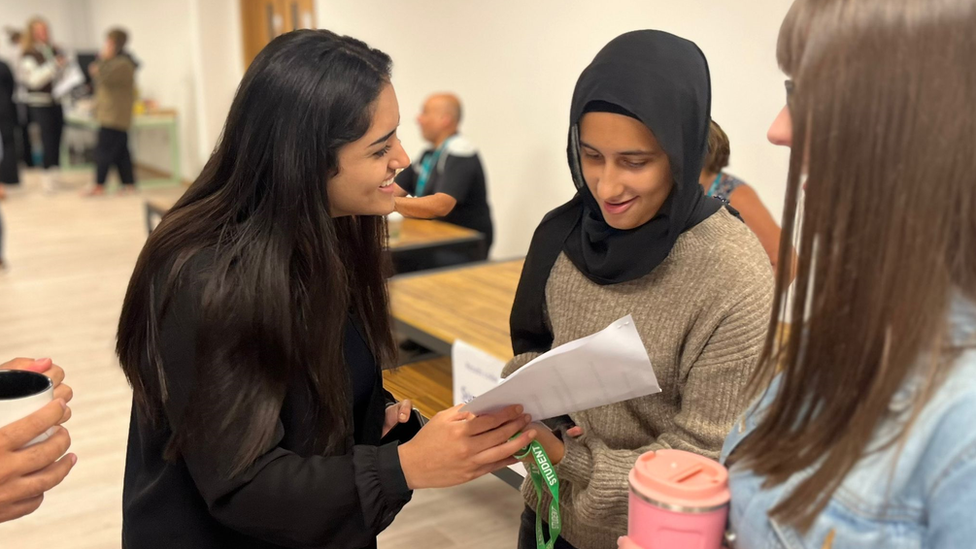
- Published17 August 2023

- Published18 August 2023
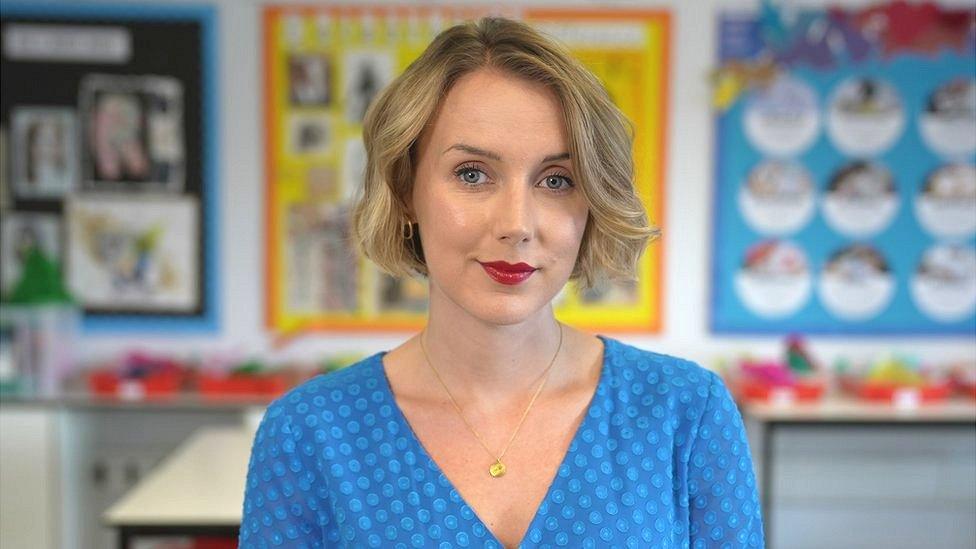
- Published13 November
- Published10 August 2023

- Published8 August 2023
